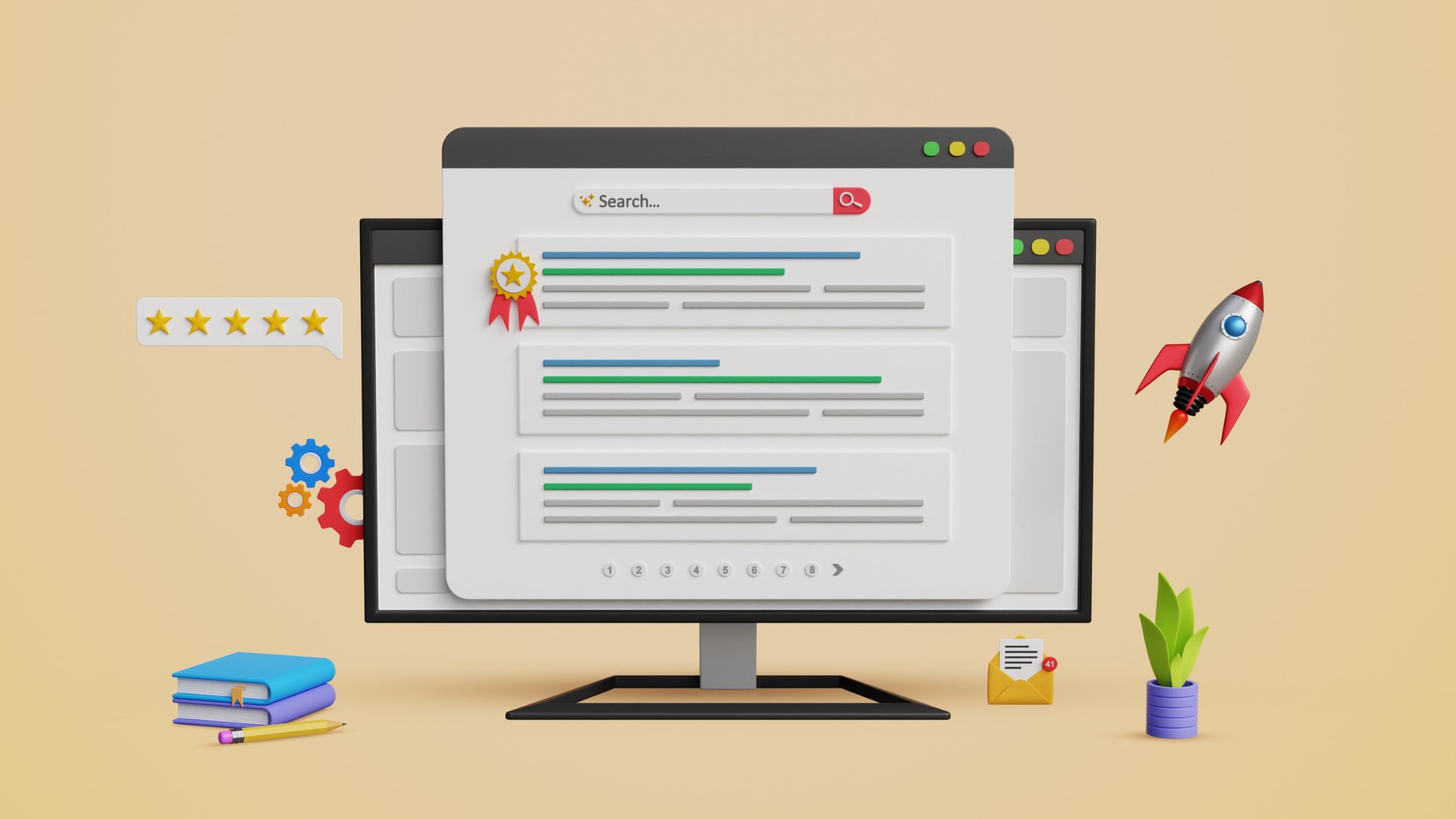As Generation Z enters the workforce, employers face new challenges in attracting Gen Z talent, hiring younger employees, and retaining young talent. This tech-savvy cohort, born between the mid-1990s and early 2010s, brings unique perspectives and work preferences to the workplace, making it essential for businesses to adapt.
Understanding their values, such as a preference for diversity and inclusion in hiring practices, and their demand for flexibility, is crucial for building a dynamic, multi-generational team.
This article explores effective onboarding strategies and recruitment approaches tailored to Gen Z work preferences, offering practical insights for employers aiming to engage and retain this emerging workforce. By aligning with the needs of young talent, businesses can secure a competitive edge in today’s rapidly evolving job market.
Generation Z, born between 1997 and 2012, is the newest group entering the workforce. As digital natives, they’ve grown up with technology at their fingertips, influencing their work preferences and shaping their expectations in the workplace.
To successfully attract Gen Z talent, it’s crucial to understand what drives this cohort and how their expectations differ from previous generations.
Gen Z professionals are highly adaptable to technology, offering fresh perspectives in the digital landscape.
They thrive on working independently with minimal supervision and prefer solo work over collaborative efforts. Their tech savvy goes beyond basic digital literacy—they expect employers to leverage cutting-edge tools, integrate technology into their workflows, and provide opportunities for continuous learning. Understanding these work preferences is essential for hiring younger employees who are poised to drive digital transformation.
These young professionals prioritise companies that align with their values, especially concerning social and environmental issues. They seek meaningful work that enables them to have a positive impact, valuing workplaces that are purpose-driven and aligned with causes they care about. Gen Z’s desire for individuality, flexibility, and work-life balance requires organisations to implement diversity and inclusion in hiring practices that reflect their needs. A strong alignment with these values will help employers retain young talent who are driven by purpose.
Having witnessed economic uncertainty, Gen Z is more pragmatic and realistic about their career expectations than previous generations. They prioritise job stability, good benefits, and clear growth opportunities. Unlike Millennials, who were seen as the “job-hopping” generation,
Gen Z professionals are seeking long-term stability but need continuous feedback and transparent career progression paths. To retain them, it’s essential to offer mentorship programs, regular performance feedback, and clear paths for growth.
As Gen Z enters the workforce, understanding their preferences is key for attracting Gen Z talent and building a supportive, productive environment. Here’s what they’re looking for:
Gen Z expects a technologically advanced workspace. Employers must invest in smart office solutions and provide regular tech training to maximise productivity. However, over 55% of Gen Z are concerned about AI’s impact on privacy, so addressing these concerns transparently is essential to build trust and appeal to this generation’s values.
Flexibility is a top priority for Gen Z. Offering remote work, flexible hours, and hybrid models are vital to meet their diverse needs. They value work-life balance and prefer workplaces that understand the importance of personal time. Employers who can offer these options will have a significant advantage in retaining young talent.
This generation seeks purpose in their work. Gen Z looks for companies with a clear mission and social impact, preferring organisations that implement green initiatives and encourage community engagement. To attract Gen Z talent, companies should demonstrate their commitment to sustainability and social responsibility.
Gen Z values career growth, so providing personalised career development plans, mentorship programs, and financial support like loan repayment assistance or tuition reimbursement is crucial. This is particularly important for young employees facing student debt.
Gen Z thrives in diverse, inclusive workplaces. Employers should foster a culture of teamwork, offer team-building activities, and implement inclusive policies. Clear communication is important too, as nearly half of Gen Z prioritise transparency in workplace interactions. Creating an environment where open dialogue is encouraged will resonate with this cohort.
To successfully attract Gen Z talent, you must adapt your recruitment strategies to align with their digital-first mindset. Leverage social media and digital platforms for engagement and recruitment. Highlight career growth opportunities, work-life balance, and transparent salary information in job listings to resonate with young talent.
You should also emphasise your company’s commitment to sustainability, diversity, and social responsibility. Given Gen Z’s strong preference for inclusive and purpose-driven organisations, showcasing these values will increase your chances of attracting them. Use a digital-first recruitment process, integrating tools like chatbots and video content to create an engaging, user-friendly experience.
A positive company culture is crucial in shaping employee engagement and attracting the best talent. For young talent, especially Gen Z, a workplace that aligns with their values, fosters open communication, and supports work-life balance will contribute to higher engagement, retention, and productivity.
Key elements of a positive culture include:
A positive culture drives higher retention rates, encourages employees to go the extra mile, and directly impacts the bottom line, improving productivity and customer satisfaction.
A strong company culture directly influences the bottom line. Engaged employees are more innovative, productive, and committed to their work, resulting in increased customer satisfaction and higher revenue. For instance, at TC Acoustics, 100% of employees say, "People here are willing to give extra to get the job done", demonstrating a culture that values employee voice.
However, challenges persist in Singapore, with some workers struggling with motivation and burnout due to factors like lack of recognition and overwhelming workloads. Addressing these issues through tailored initiatives and leadership development can help build a positive workplace culture that enhances employee engagement and improves overall productivity.
Embracing diversity and inclusion (D&I) is crucial when attracting and retaining younger talent, particularly Generation Z.3 in 5 Singaporeans consider it important to work for a company that supports D&I, with this sentiment even stronger among Gen Z (two in three). To appeal to this generation, you must prioritise creating an inclusive work environment that values different perspectives and experiences.
Implement fair and equitable hiring practices free from bias, and actively seek out candidates from underrepresented groups. Gen Z cares deeply about social and environmental issues, with 94% believing companies should address critical social matters. Demonstrate your commitment to social responsibility and sustainability to resonate with this generation.
Provide mentorship and development opportunities to help younger employees grow and succeed. Regularly review and update your D&I initiatives to address evolving needs and challenges. By fostering a diverse and inclusive workforce, you'll bring a range of perspectives, skills, and experiences that can drive business success, especially when catering to younger demographics.
To effectively attract and retain Gen Z talent, employers must adapt their hiring processes to meet the unique expectations of this tech-savvy generation. Gen Z values work-life balance, mental well-being, and flexible work arrangements, making it crucial to highlight these aspects in job listings and during interviews.
Leverage AI-powered tools to enhance efficiency and reduce bias in your recruitment efforts. These tools can automate tasks like sourcing and screening applicants, allowing recruiters to focus on strategic priorities. Additionally, AI can analyse job descriptions to avoid biased language and ensure a diverse shortlist of candidates.
Emphasise career development opportunities and provide clear communication about role expectations and growth potential. Gen Z seeks continuous learning and skill development, so highlight your company's commitment to professional growth. Consider implementing AI-driven personalised learning programmes to address individual skill gaps and career aspirations.
Tip: Utilise social media platforms and employer branding strategies to showcase your company culture and values, as Gen Z places high importance on corporate social responsibility and inclusivity.
To retain young talent, offer flexible work arrangements that cater to their desire for work-life balance. According to a recent study, candidates in Singapore increasingly value factors beyond compensation, such as work-life balance and company culture. Implement hybrid work options and flexible hours to boost engagement and productivity.
Prioritise mental health and well-being by providing resources like counselling services and initiatives promoting a healthy work-life balance. Embracing emerging technologies can enhance work processes and collaboration, appealing to tech-savvy young professionals.
Invest in continuous learning and development opportunities. Offering training programmes, mentorship, and clear career progression paths can significantly improve retention rates. Consider utilising FastLearn initiatives to develop skills internally.
Implement real-time feedback mechanisms and performance recognition programmes to ensure young employees feel valued. Foster a collaborative workplace culture that prioritises open communication and teamwork. By addressing these key areas, you can create an environment where young talent thrives and remains committed to your organisation.
Gen Z often has high expectations for workplace flexibility and work-life balance. Research shows that 72% of Gen Z have left or considered leaving a job due to a lack of flexible work policies. To address this, employers should:
Many Gen Z candidates may lack extensive work experience. To overcome this:
Gen Z workers may change jobs frequently. To improve retention:
Climate change is a major concern for Gen Z, impacting their career decisions. Employers can:
By addressing these challenges, employers can successfully attract, hire, and retain Gen Z talent.
Attracting and retaining Gen Z talent requires a strategic approach tailored to their unique preferences and values.
By embracing technology, fostering an inclusive culture, and offering growth opportunities, employers can create an environment where young professionals thrive. Remember, flexibility, authenticity, and purpose are key drivers for this generation. Implementing these strategies will not only help you secure top young talent but also future-proof your organisation for long-term success.
Ready to implement these strategies and find the right talent FAST? Start your journey with FastJobs today and revolutionise your hiring process for the next generation of workers.

In Singapore’s job market, portals offer fast access while agencies provide tailored matchmaking.
Read more
Retail in SG is rising! Wage growth & skills training create new career paths. Explore jobs with FastJobs.sg.
Read more
Hiring faster starts here—Job Bump boosts your listing by 30%+ without needing a repost.
Read more